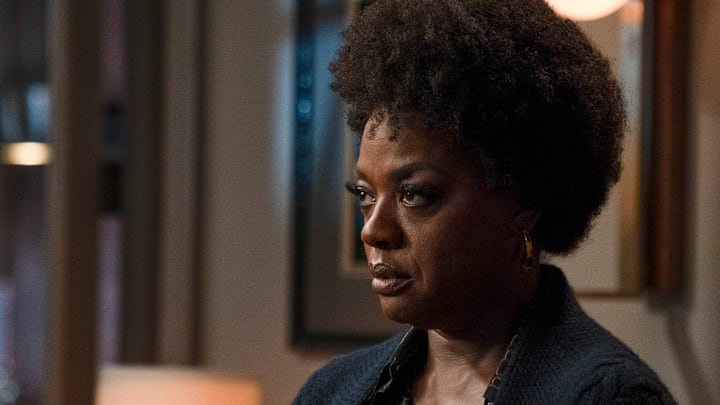Movies and TV have made a lot of progress over the past few decades when it comes to LGBTQ+ representation on screen. Your former gay supportive one-dimensional best friends now more often get to be dynamic, complex main characters. They have complicated relationships. Hopes. Dreams. The story could not exist without them.
And even in discussions of the flaws that remain in such representation -- for there is still quite a long way to go -- we have to acknowledge how significant it is that LGBTQ+ characters, for the most part, are no longer a tired trope. More people than ever get to see themselves -- as real, essential human beings -- in mainstream storytelling. Even Disney has made painfully small, but still existent, progress over the past 10 years.
But progress means the journey isn't yet complete. Especially when it comes to representing the bisexual population in mainstream media. (I can't speak for everyone here, only for myself.) Plenty of well-known bisexual characters exist and have for a while, but there's a specific subset of characters I'm not seeing enough of: bisexual women happily partnered with men.
It's extremely painful at times to be a woman who identifies as bisexual who also happens to be with a man -- not the relationship itself, in my case, but rather the lack of acceptance in the larger community. If you're a woman and you're with a man, it's not uncommon to be treated like you don't belong. Because you're not visibly queer, you don't count. You can't bring your straight husband to Pride events no matter how much he loves you. What's the point of being "out" if you're just going to stay with the same cisgender, heterosexual guy?
Being represented in media matters -- we've seen this across the board when it comes to underrepresented communities. When these voices get to tell their own stories, it's more than entertainment; it's enrichment. It shows large numbers of audience members that different kinds of people exist, and they deserve to exist. They are human, they have value, and they don't want to be invisible.
We're still largely at the point where a woman isn't "gay" enough on screen unless she's with someone who isn't a man. This is what I mean when I say progress is great, but it's not the end of the road. Bisexual women lead complex lives, and figuring out your identity has its own complications when you're with a male partner. There are so many opportunties for movies and shows to explore this, but most of them don't. What does it mean to be a woman who's attracted to women, but who chooses to stay with the love of her life -- a guy -- anyway? My favorite shows couldn't tell you. But they should.
Add this ask to the growing LGBTQ+ representation pile, I know. It's such a difficult time for our transgender friends to exist in the world, let alone have their authentic stories told on big and small screens. And god forbid you want to use they/them pronouns in an official capacity because you're a person who deserves to live their identity. But again, I cannot speak to experiences I do not have. I can only speak to mine.
Imagine your favorite character is the main focus of a hugely popular show, but she's also a lot like you. I'm white, brunette, grew up Christian and have anxiety; it's happened plenty of times before in shows and movies all my friends have loved. But there are still parts of my identity that film and TV creators don't seem to care about, and that's still hurtful despite the privilege.
If we're not allowed to be wholly ourselves -- in real life, on screen -- then we're still not human. We still have to be invisible in a world that doesn't want us to thrive.
